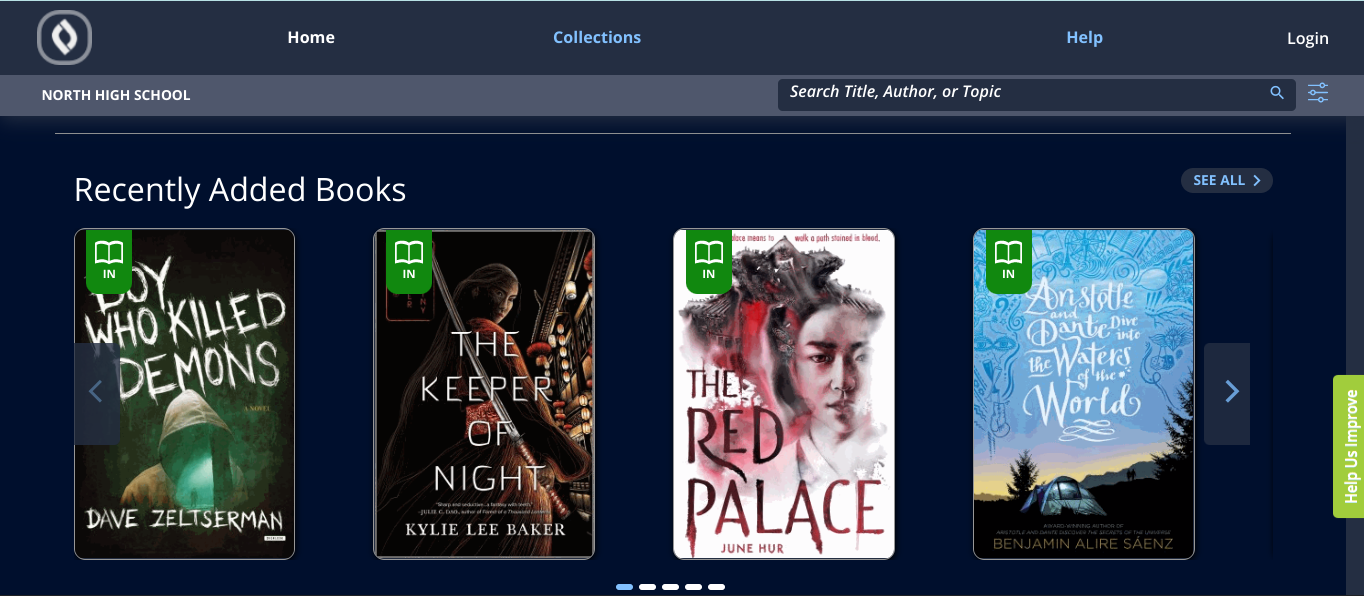English teachers share censorship views
January 14, 2022
Censor, filter, and shield are words that, after the CSD99 Board of Education meeting on Nov. 15, have been a popular topic of debate regarding school curriculum. This controversy, however, has societal implications that extend far beyond Downers Grove. Is censorship in high school, regardless of the form, positive or negative? The answer, in the eyes of many DGN English teachers, lies somewhere in between.
Britni Mitchell teaches both English I, a mandatory freshman course, and Black Literature, a senior elective. Due to the drastically different nature of the two classes, she caters to what and how much content she filters based on each group of students.
“When I’m teaching a senior elective, kids chose to be here, so they can exit at any time and take something else. I don’t censor any of the rap music I teach them, even if there are a few sexual innuendos or use of the N-word. [In English 1] I try to avoid, in general, overtly traumatic texts. That could be a race-based incident, a hate crime, or any type of language that might make a student feel as if they’re a target rather than an audience member,” Mitchell said.
Mitchell doesn’t shy away from difficult topics, however. In 2017, her advocacy for Men We Reaped, an autobiographical memoir, officially incorporated the novel into DGN’s English III curriculum. Despite the memoir’s heavy and controversial themes of race, socioeconomic status, and gender inequity, Mitchell believes it was a necessary and positive addition to her curriculum.
“At a high school like DGN with a predominantly white population, it’s important for me as the only Black female teacher to make sure the perspectives I’m showing of other cultures are positive. If I choose any sort of text that could be viewed as controversial, no matter how dark certain moments can get, there has to be light somewhere,” Mitchell said.
English teacher Jena Abrahamsen is also against censoring issues that are highly political or controversial in nature. She aims to use literature as a vehicle to foster empathy and knowledge in her students, a goal that encourages free expression. Abrahamsen also understands, however, when a student requests to read or discuss something different due to problematic content.
“If the book has debatable issues in it, from my perspective, it’s all the better. Other folks will think I’m advocating for those ideas. And I’m not. I’m advocating for good literature and a good [class] discussion. If [students] aren’t armed with all the knowledge and all the different perspectives, you can’t decide on issues or formulate opinions on what you value,” Abrahamsen said.
Kathy Smith, another English teacher, echoed Abrahamsen when she mentioned the importance of risk in an academic curriculum. In her opinion, overtly censoring certain ideas or books is the start of a “slippery slope,” one that leads to intolerance and one-sided thinking. English Department Chairperson Christopher Bronke has similar thoughts.
“I do not believe in avoiding needed conversations around controversial topics, and when it comes to teaching texts that might address controversial topics if a teacher is not comfortable with the issues/themes/words in a book being discussed openly in class, then there is probably a better book out there,” Bronke said.
Censorship has long been an issue in school settings, and it persists in the Downers Grove community. English teachers, despite having different content, requirements, and lessons, share one thing in common: the belief that filtering information can be both necessary and harmful, depending on how and why it’s employed in the classroom.
“As an educator, I want all of my students to feel safe, but I also want them to learn something or gain something that betters them. For [my] students, the goal is discourse. Even if I don’t change your mind, I can plant an idea. It doesn’t mean I’ve changed your life. I’ve made you think about something. And for me, that’s the goal,” Abrahamsen said.
